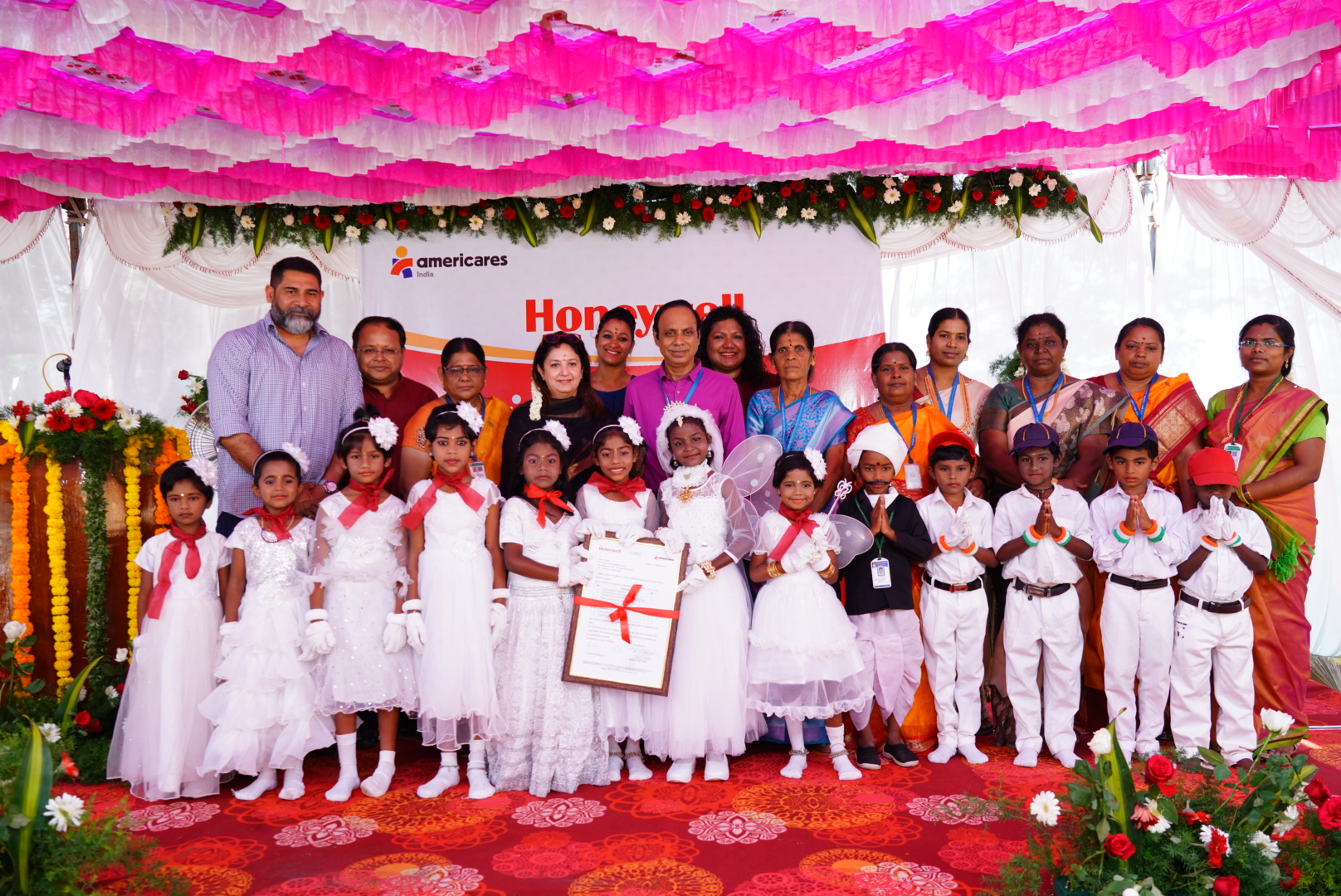Trending Now
- 830 voters names go missing in Kavundampalayam constituency
- If BJP comes to power we shall consider bringing back electoral bonds: Nirmala Sitaraman
- Monitoring at check posts between Kerala and TN intensified as bird flu gets virulent in Kerala
Tamilnadu News
BCG Vaccine Is An Exciting Prospect In Fight Against COVID-19: Experts
![]() August 17, 2020
August 17, 2020
On July 15, Tamil Nadu chief minister Edappadi K Palaniswami gave consent to conduct clinical trials of the BCG vaccine in Chennai as per requests from ICMR (Indian Council of Medical Research), the nodal body for COVID-19 treatment strategy in India.
Clinical trials are ongoing but doctors are already excited about the BCG vaccine.
The BCG vaccine is the Bacillus Calmette–Guérin vaccine, which protects young children from tuberculosis. India is one among many countries that has a policy of immunisation at birth with the BCG. The BCG is a live attenuated strain derived from mycobacterium bovis taken from cattle.
“The BCG vaccine is definitely useful. It boosts the immune mechanism,” said Dr K Paranthaman, Head of Department, Kilpauk Medical College and Hospital in Chennai. “People can still catch the virus after taking the BCG, but its virulence capacity is reduced. There is a boost in immunity. BCG will prevent deaths from taking place. It will prevent the symptoms at the mild stage itself and stop it from going to the severe stage,” he added.
Other experts are cautiously optimistic about the BCG vaccine.
“Compared to Western countries, our mortality rate is low,” said Dr R Sridhar, Superintendent of the Tambaram Sanatorium. “They have huge fatalities which we do not have. One of the possible factors could be the BCG vaccination in our population which is not there in Western countries. Because BCG induces cell-mediated immunity, not antibody-mediated immunity. It is still a hypothesis. It needs to be cross checked and correlated. We have to go for administration of vaccine in susceptible population like geriatrics and see whether it is helping keep COVID away,” he said.
International Studies On BCG
One of the first data-based studies on COVID-19 mortality in countries that have a BCG immunisation policy was done by New York based researchers Aaron Miller, Mac Josh Reandelar, Kimberly Fasciglione, Violeta Roumenova, Yan Li, and Gonzalo H Otazu in March.
The paper, titled “Correlation between universal BCG vaccination policy and reduced morbidity and mortality for COVID-19: an epidemiological study” is not peer reviewed, but provides insights into how BCG might work.
“We only show that BCG for COVID-19 is a plausible hypothesis that is worth testing using randomized clinical trials,” wrote Gonzalo H Otazu, Assistant Professor with the College of Osteopathic Medicine, Department of Biomedical Sciences, New York Institute of Technology, in an exclusive email interview with The Lede. Otazu is one of the authors of that study.
“BCG has been around for many years. Interestingly, several studies had shown that BCG provides protection against viral respiratory infections and sepsis. BCG is even the state of the art treatment for certain forms of bladder cancer. What we found was the correlation that countries that had current mandatory policies had a reduced mortality for COVID-19. Our data hints that this broad protection provided by BCG might extend to COVID-19,” he said.
In this study, correlation was established by causality was not.
Otazu points to smaller clinical trials that have had exciting results. “The most exciting study is the one in UAE, which would be the most relevant for India, because there is also a BCG mandatory policy in UAE as well. The booster vaccination seemed effective,” he said.
The August 2020 study showed – “71 subjects received the booster vaccination. This group had zero cases of positive COVID-19 infection. 209 subjects did not receive the vaccination, with 18 positive PCR confirmed COVID-19 cases.” This study too is not peer reviewed so far.
Otazu points to another “tantalising” data set from Jordan that was published in July. “For instance, this small study in Jordan shows that more of the asymptomatic people (35 out of 37 or 94.6%) received the BCG vaccination compared to the symptomatic ones (33 out of 44 or 75%),” once again pointing to a need to conduct larger clinical trials to establish the efficacy of the BCG vaccine in controlling the severity of the symptoms of COVID-19.
A recent study conducted in South Africa showed that re-vaccination with BCG in adults reduced the incidence of respiratory infections by 70%.
Currently there are large double blind clinical trials currently underway in Australia, the US, South Africa, Germany, Netherlands, Greece and now in India as well.
How Does The BCG Help In Fighting COVID-19?
“There are two types of immunity,” explained Dr Paranthaman of Kilpauk Medical College. “One is innate immunity or antibody-based immunity. As soon as any virus or bacteria enters the body, the immune system immediately responds by releasing antibodies.
The second is called adaptive immunity – this is immunity that one gets through vaccination. It is controlled by T-lymphocytes and B-lymphocytes. These modulate our immune system and activate cells and generate the specific antibodies for that particular virus or bacteria. This is a very specific immunity – it takes at least two weeks to create this immunity,” he said.
Macrophages, polymorphs, dendritic cells and natural killer cells (nk cells) act immediately against an attack from a bacteria or virus – they are non-specific in nature.
“The Coronavirus attacks the T-lymphocytes and B-lymphocytes specifically. Once these are killed, we are left with innate immunity which is non-specific in nature,” he explained.
Once the specific immune response to the virus is suppressed, the generic response kicks in – even overcompensates – in an effort to ward off the virus attack. This leads to what is called the cytokine storm, which proves fatal to most patients.
“One nasal swab contains 71 crore novel Coronaviruses. Monocytes and viruses fight each other, they wage war in the lungs. Monocytes release chemicals called IL-6, expecting the virus to be killed by this chemical. All monocytes available in the body move to the lungs. As the war progresses, our own cells are damaged along with some of the viruses. Pneumonia sets in as a result of this uncontrolled and uncontrollable war being waged by our own body,” said Dr Paranthaman.
“The BCG vaccine modifies the protein (chromatin) inside the genes. This teaches the monocyte not to release too much cytokines. It teaches optimal release to the monocyte. It causes histone modification in the chromatin and changes the environment before the gene is formed. It prevents the cytokine storm and therefore prevents pneumonia,” said Dr Paranthaman.
In simple terms, the BCG vaccine teaches the body not to over-react and kill its own cells, but instead to provide a measured response to the virus. This means that symptoms of those affected by COVID-19 remain low and do not progress to the severe symptoms of breathlessness and pneumonia leading to death.
But the BCG is a vaccine containing a weakened strain of the TB bacteria. How does a bacterial vaccine tackle a virus?
“The immune system has two components: the innate system and the adaptive immune system,” explained NYIT’s Otazu. “BCG is thought to work on the innate system producing an effect called “trained immunity” making this broad protection provided by the innate response more effective. As more data on COVID-19 comes, it seems that the innate response is not working properly,” he said.
Dr Sridhar agrees.
“The BCG vaccine might benefit the elderly because they are a more vulnerable population. Others would have higher innate immunity,” he told The Lede.
Since India has a national immunisation policy at birth which includes the BCG vaccine, would the population not already be protected from COVID-19?
Dr Sridhar said the beneficial effects of the vaccine work for about eight years at best and that herd immunity for tuberculosis then takes over.
“The BCG vaccine protects children particularly below the age of 10 years from severe tuberculosis. Before BCG was developed, it was common for children to get TB meningitis – it would affect the brain and the person would become a cripple.
Studies by ICMR found that BCG was efficacious between 5 to 8 years. The value of BCG is more during childhood. After eight years of age, the child becomes like any other person and has the potential to get TB if exposed.
In our country the exposure level of TB is much more. 30-40% of our population has the likelihood of getting exposed to TB. This doesn’t mean they have the disease. They have a chance of getting exposure to TB bacilli. This creates immunity in the society. So the lifetime risk of anyone who is exposed to the TB bacilli getting TB is only 10%.
It is not that everyone who is exposed to the TB bacilli will get TB. They have their own innate immunity. That is why government does not suggest a booster dose for TB,” he explained.
“If we provide a booster of BCG vaccine for at-risk populations, once again their immunity may be enhanced and they may not catch COVID – that is the hypothesis that is being tested at present,” said Dr Sridhar.
Scepticism Against BCG
On August 11, at a press conference, Barry Bloom, the Joan L and Julius H Jacobson Research Professor of Public Health with the Harvard TH Chan School of Public Health stated that he was a sceptic when it came to the BCG vaccine.
“BCG vaccine. My favorite vaccine. It’s a kind of interesting press story,” said Bloom.
“The question that’s an issue is we talk about the specificity of immune responses. Landsteiner won the Nobel Prize showing that immune responses were not mysterious, they had chemical specificity and needed did a lot of chemistry to show how specific they were….
So a number of groups got the bright idea, are there ways to enhance innate responses? And there is certainly evidence that BCG, which is a vaccine used against tuberculosis, protective in some parts of the world, totally non protective in other parts of the world, has the ability in people who’ve been vaccinated in particularly African countries against TB with BCG. If you follow them up, they have a tremendous drop in other respiratory infections, both bacterial and viral.
And that’s called nonspecific or a reflection of some innate effect of BCG, not just against TB and specific antigens, but pumping up the immune system in general. An awful lot of the data on this comes from one laboratory in the Netherlands, which worries me. But they have led the fight.
It has enabled The Wall Street Journal, The New York Times, two long reviews in Science and Nature without any real data to show that it would do the slightest thing to COVID because there are no data. What it did justify is attention to innate immunity and enabling clinical trials to be undertaken.
There are trials in the Netherlands of BCG against COVID in health care workers and the same in Australia. And the expectation was, when they were begun, that by the end of the summer we would know whether BCG had a nonspecific effect in enhancing resistance by whatever mechanism against COVID, too. At the moment, these are great ideas. They work in mice and we really don’t have any data,” he said.
The World Health Organisation too has recommended caution until clinical trials are complete before using the BCG vaccine.
























